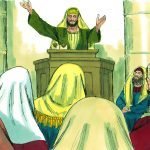
Elijah Biography

The prophet, Elijah, towers like a mountain in Gilead above the other prophets. Elijah was a Mount Sinai of a man—with a heart like a thunderstorm. There is a solitary grandeur about him that is all his own—there is mystery and unearthliness, a volcanic suddenness and combustion.

Elijah was fed by ravens
We call him Elijah the Tishbite, but we are not even certain where Tishbe is. Nor are we told of Elijah’s parents, though we may infer that they were somewhat remarkable, for they gave their son a name that means “My God is Jehovah.”
Elijah dressed himself in camel’s hair and was accustomed to spending most of his time in solitude. Hardened by an open-air life, he possessed a sinewy strength which enabled him to endure great physical demands.
This man with no history made history by galvanizing it. His mission was to punish complacent kings, to bend the vain and reward the humble, to show the great how small they are, and the mighty how vulnerable they are. Wherever he appeared, one breathed the fury and flame of heaven. Relentless in his destruction of idolatry, he unmasked hypocrisy and falsehood. Whenever he entered the picture, things were bound to explode.
Elijah served during the reigns of Israeli kings, Ahab and Ahaziah. The prophet’s powerful emotions swept him up to heaven, whereas King Ahab’s shoveled and sucked him down to hell. Elijah had a heavenly name; but, to begin with, a very earthly nature. He was a person like us in many ways. But his passion drove him to preach unflinchingly, to do great feats in God’s name, and to pray with implicit faith.
And what a powerful preacher Elijah was. He minced no words—he softened no indictments. The prophet’s verbal whiplashes inspired fear and awe. He opened his mouth, the earth trembled; he predicted calamity, God made it reality.

Elijah at Carmel
Perhaps Elijah’s most admirable quality was his prayer life. In the last chapter of James’ epistle, we are told that the prayer of a righteous individual is incredibly powerful and effective. Though Elijah was an ordinary human like us, the text tells us that he was a God-fearing man who put his very heart and soul into his prayers, and God usually responded in earth-shaking ways.
We see supernatural events in Elijah’s life such as a feeding by ravens and the raising of a dead boy, but undoubtedly the crowning feat in his life was the tumultuous victory on Mount Carmel. In calling down the lightning of God upon the sacrifice and restoring the rainfall, Elijah brought down the false god, Baal-Dagon, with a resounding crash. For the god, Baal, was the god of fertility and was thought to possess the power of making the land productive through rain. God’s power was vividly contrasted with Baal’s in the biblical description of that astronomical bolt of lightning, the precursor of rain, which struck Elijah’s water-logged sacrifice. Then the rain came in torrents, but it was sent from Yahweh, not Baal!
Following the Mt. Carmel triumph, some writers portray Elijah as being so dominated by fear when he heard that Queen Jezebel had sworn vengeance against him, that he fled in terror. Others believe that Elijah ran, not out of terror, but intelligence. First, if Elijah was simply afraid of Jezebel, he would have been safe withdrawing into the kingdom of Judah. Instead he went all the way to Beersheba, and, from there, into the desert country. Also, it doesn’t seem likely that a man who had just been standing all alone against a frenzied and murderous multitude would suddenly be reduced to quaking cowardice before a bad woman. However, Jezebel’s threats did seem to break down Elijah’s bold aggressiveness.
Thus, it may not have been a terrified prophet running to Sinah but, finally, a broken one. It was not a quaking prophet beneath the desert shrub but one moaning in disappointment. And it is not courage he sought at Sinai but a reason not to give up a lonesome ministry he felt was hopeless.

Elijah ascended to heaven in a chariot of fire
We see that part of the great lesson of Elijah is that he was not always Elijah. That no one may glory before God, near the end the great prophet was downcast and embittered. It is not unique to us when we sit under our juniper bush and say, “It is enough, now, O Lord. Take away my life for I am no better than those before me.” Elijah was getting old. He was feeling lonely. His work seemed to have come to nothing. Death seemed now his only desire.
In the end, it is good to know that the great prophet was finally lifted out of his despair. His great passion shone again as he stood by the Jordan and waited for his signal from heaven. For what was the chariot of Israel to Elijah that day but his heart flying to his God? And what were those horses of fire that day but his emotions harnessed in all their heaven-bounding strength: His reckless faith, his utter fearlessness, his scorn of evil, his prayerfulness, his devotion to Israel and to God.
Those horses of heavenly fire spurned the earth as they stood and champed by the Jordan. Then they sprang with mighty leaps toward heaven. When Elisha saw it he cried, “My father, my father, the chariot of Israel, and the horsemen thereof!” And he saw him no more.
What can we learn from Elijah?
Elijah is our model of total commitment and passionate zeal for God’s will. He struggles to understand and do that will despite much doubt and great opposition and turns always to God in prayer and trust.
Bible Verses about Elijah
1 Kings 17-19, 21; 2 Kings 1-2; 2 Chronicles 21:12; Malachi 4:5; Matthew 17:3; Luke 4:26, 9:54; James 5:17
What questions does this help to answer?
- Who was Elijah?
- What was Elijah’s chariot of fire?
- How did Elijah choose Elisha?
- How did God provide for Elijah?
- What should I do if I doubt God?


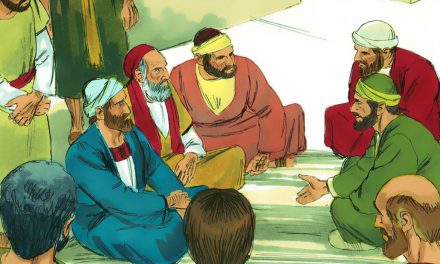

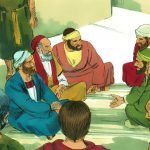

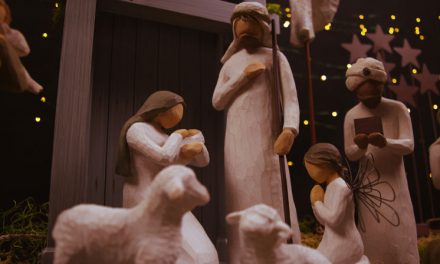



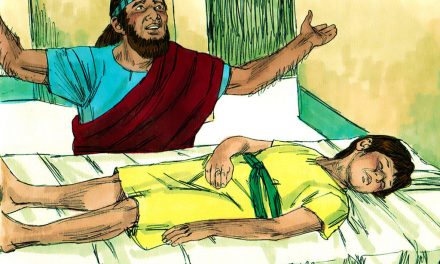
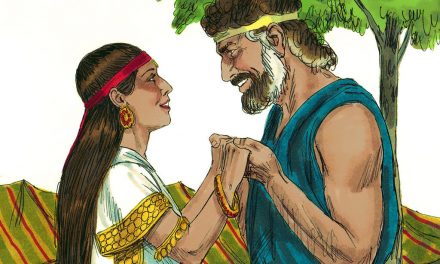
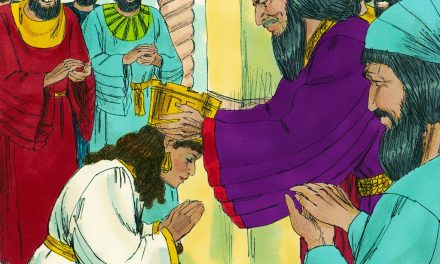
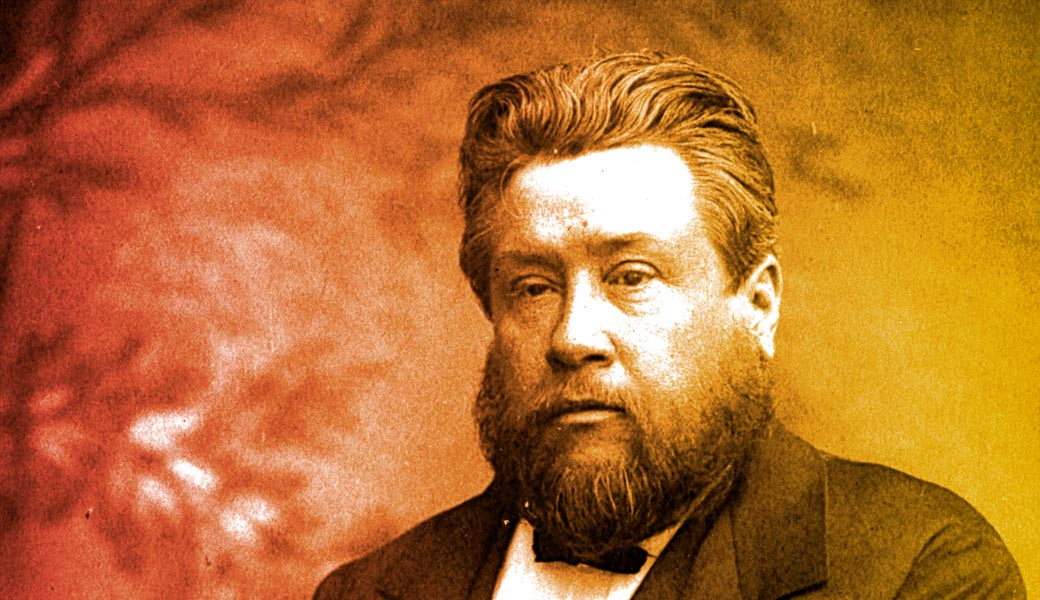
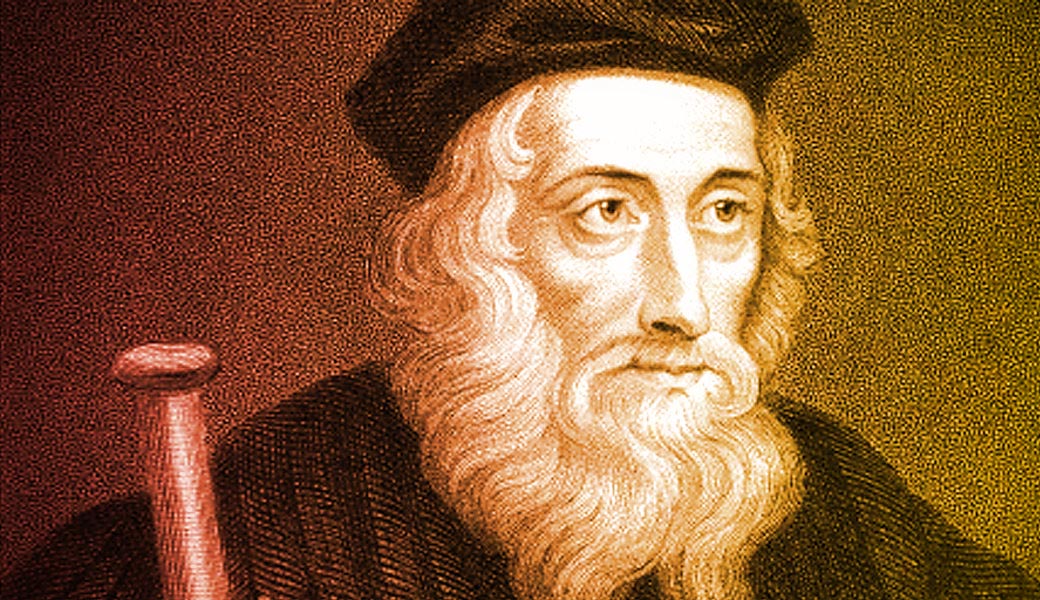
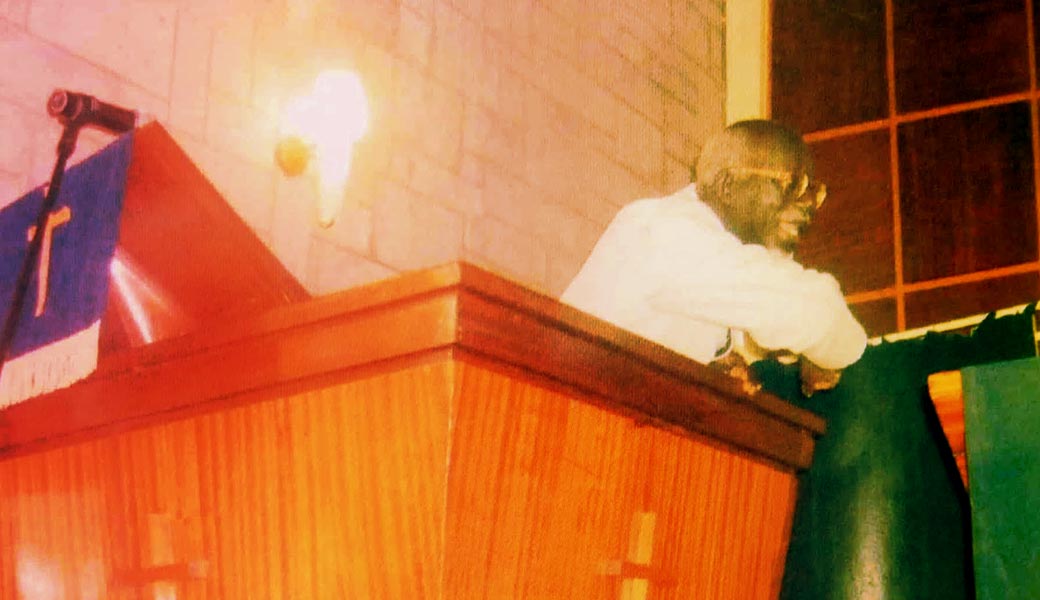
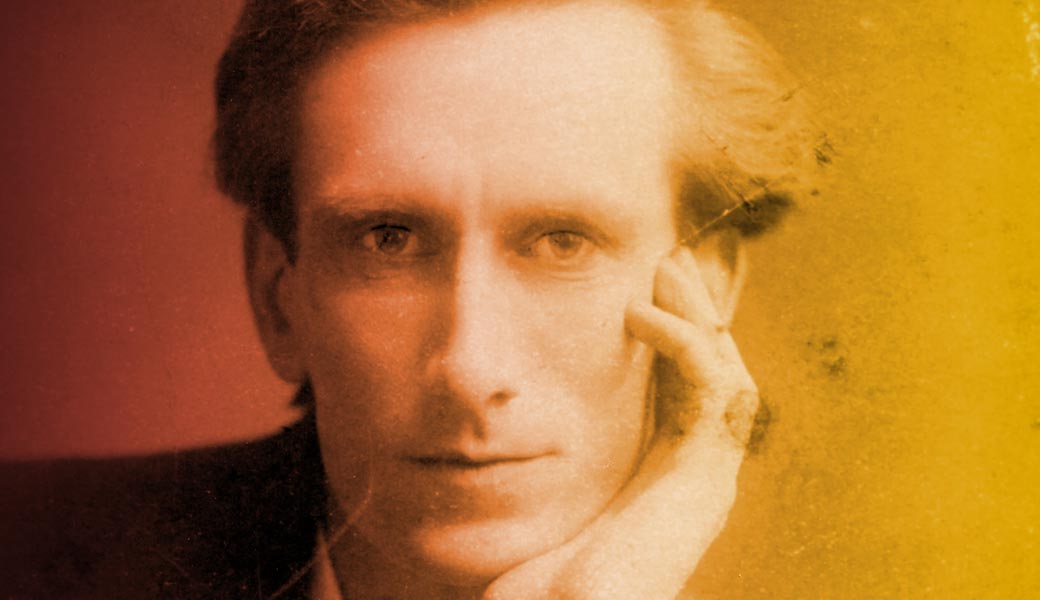


I Really admire this man of God so much.
it is my prayer that God gives me double portion of his anointing, grace, and power. and to surrender to his will alone, in Jesus Christ name i pray, Amen.
Thank you, Neema! So glad you gained encouragement by reading about this great man of God
Thank you so much….
I really admire Elijah’s life…
may God help me to have commitment life like Elijah..
God bless you.
I agree, Neema.